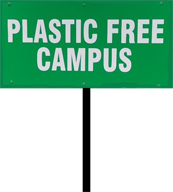
Initiation and brief overview
From the inception of the college on 1962 the Department of Economics had only general course. The honours section started from 2002 and it was the only science department offering B.Sc. degree. At present, the Economics Department has a five-member faculty (2 assistant professors and 3 SACT professors).
Vision and outlook
We try to make our students aware about the economic changes in present day world and critically analyse them. We emphasize on not only acquisition of knowledge but also use of it for sustainable development of the common mass. We focus on overall development of our students so that they can be self-reliant and self-sufficient, keeping in view the CBCS syllabus under WBSU.
Methods of teaching
Extensive board work is very essential in our subject. Apart from this classroom lectures or the chalk and talk method, the Department uses ICT based classes and audio-visual aids, like, Power-point presentations, to enhance learning interests. The Department also organizes educational tours and other extension activities each year to get real life experience from the economy surrounding them and analyse different problems. It also improves the mental health of the students.Regular assessments through unit tests and class-tests and end of the semester mock-exams ensure that the students are well prepared for their final end-semester examinations. In their project work they learn data handling and paper writing.
Infrastructure
The Department maintains a Seminar Library constituting of relevant books and materials of reference that are not available in the College Library. The Department also has a collection of educational AV material related to the Core Course and DSE syllabus.Students have access to the computers to learn different Econometric software courses like SPSS, E-VIEWS, STATA which are part of the CBCS syllabus. They also use computers to complete their project work which is a major part of CBCS curriculum.
Email: economics@rksmvv.ac.in
| Syllabus and Course Outcome | Download |
| Course Outcome | View |
| Economics general cbcs draft syllabus | View |
| Economics honours cbcs draft syllabus | View |
| SYLLABUS OF 4 YEAR UG PROGRAMME (HONOURS) WITH ECONOMICS MAJOR, SEM I & II, WBSU UNDER NEP 2020 | View |
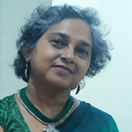
Assistant Professor
View Profile
Assistant Professor
View Profile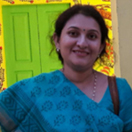
SACT 1
View Profile
SACT-1
View Profile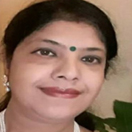
SACT
View Profile| Handwritten and Typed documents | Download |
| Cobb Douglus prod fun | View |
| Income Consumption Curve | View |
| Sustainable Development | View |
| What Is SPSS and Its Importance in Research Analysis | View |
| Portion of Referred Books_Journals_Reports | Download |
| Basic Competitive Model, Economic System | View |
| Document from kabita nath | View |
| Human Development Report_2020_technical_notes | View |
| NonParametric Tests | View |
| Offer curve, Stability issur | View |
| PPT | Download |
| Construction and Interpretation of HDI | View |
| CONSUMER_S BEHAVIOUR PPT 2 | View |
| differential equations PPT | View |
| Inclusive Growth | View |
| Land Reform | View |
| Extension Activities | Download |
| Extension Activities | View |
| Students’ Section | Download |
| Students’ Section | View |
| Our Achievers | Download |
| Our Achievers | View |
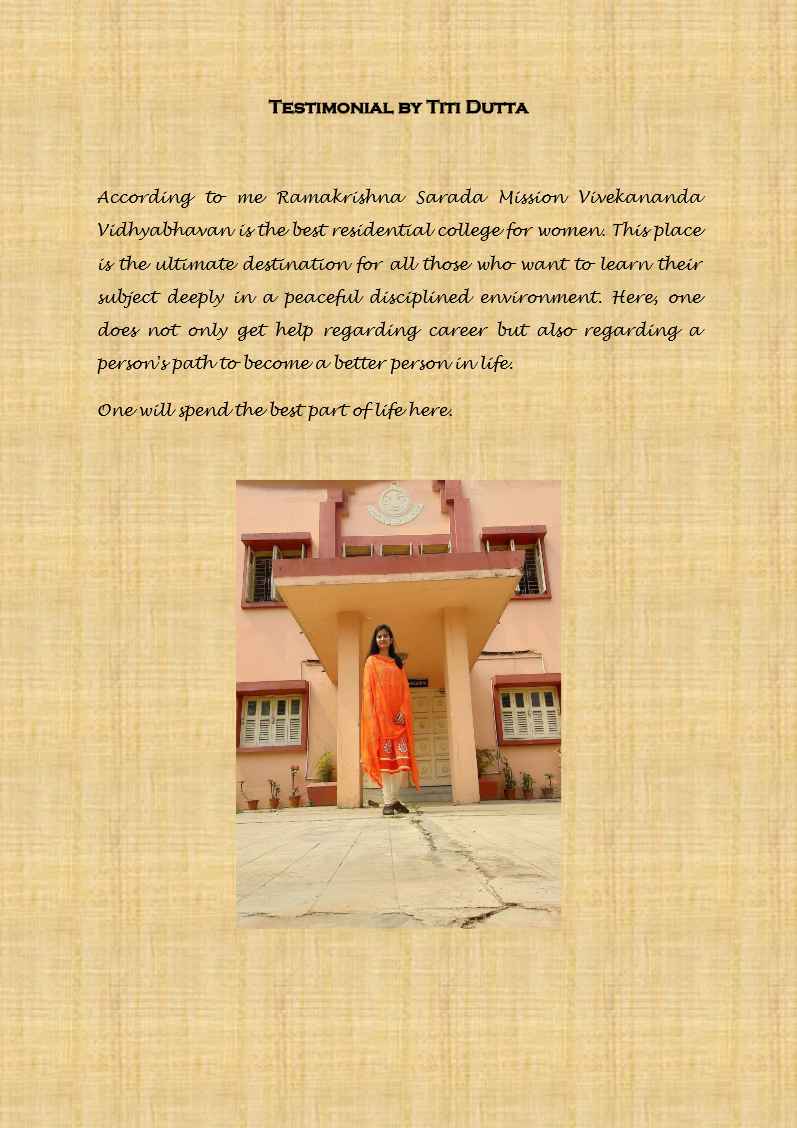

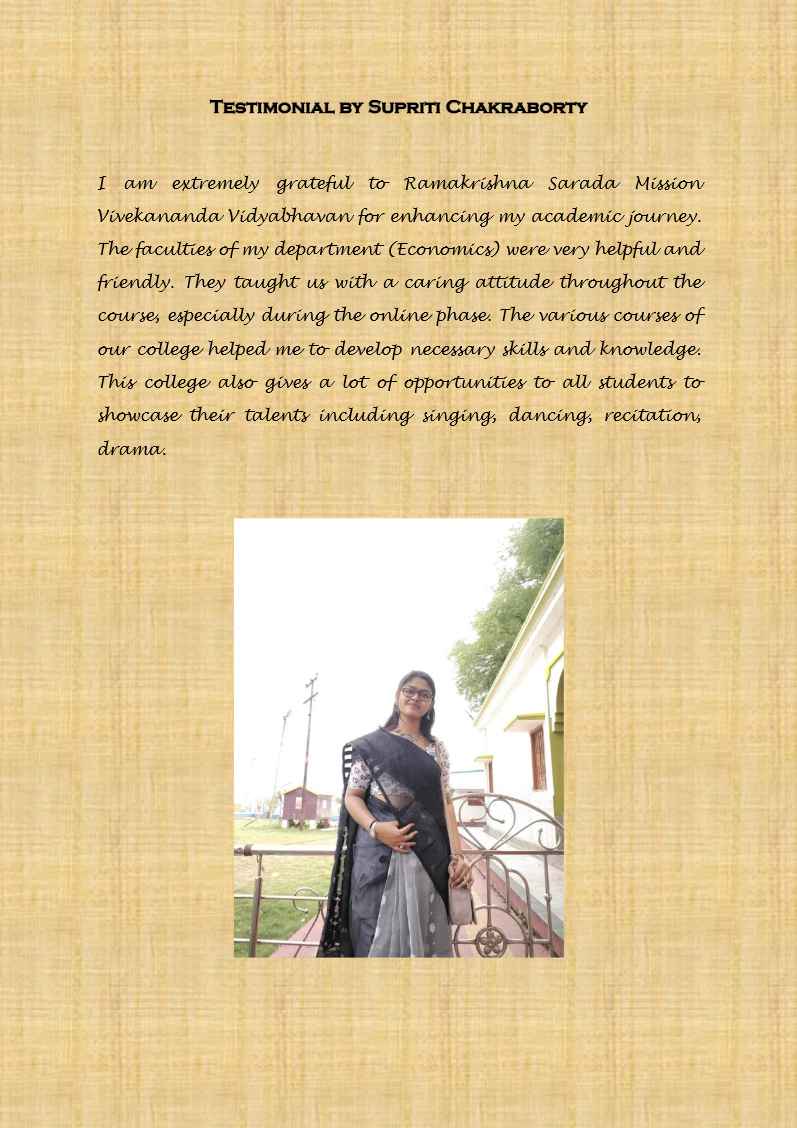

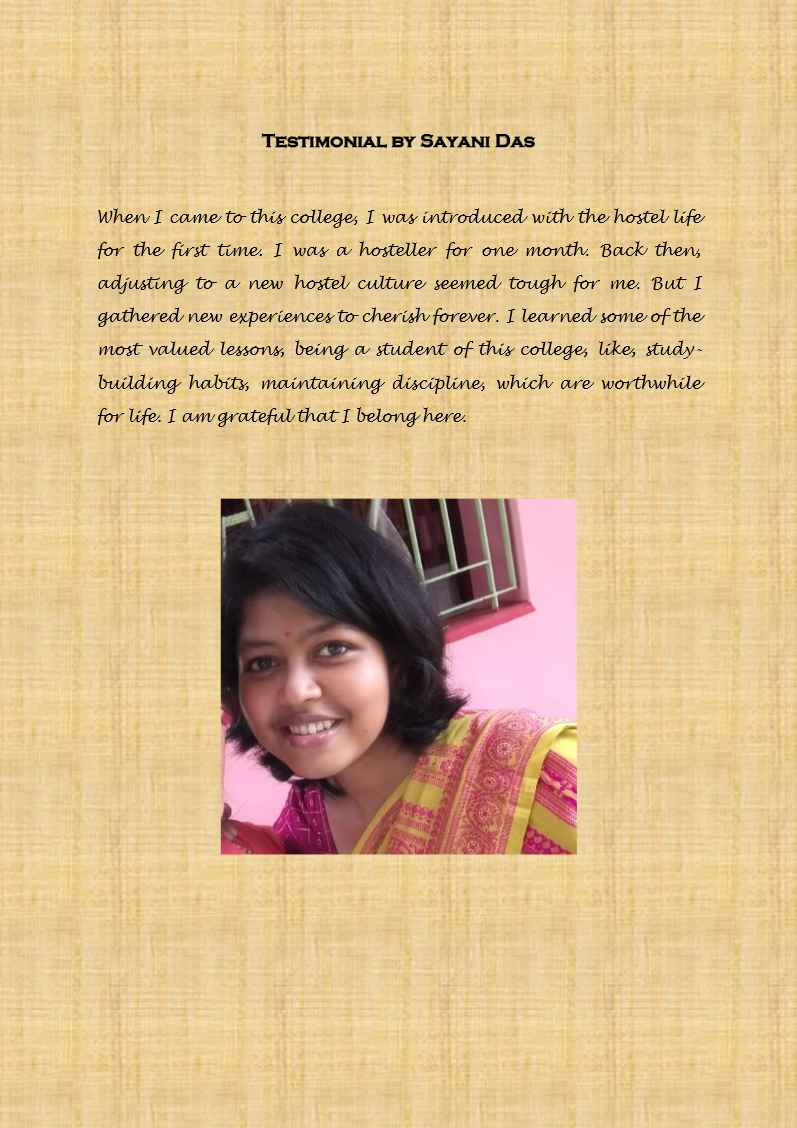
| 2023-24 | Download |
| JULY 2023 – DECEMBER 2023 | View |
| 2022-23 | Download |
| Jan 23 – June 23 | View |
| July 22 – December 22 | View |
| Lesson Plan Even Semester | Download |
| SEM 2 _CBCS | View |
| SEM 4_CBCS | View |
| Sem 6_CBCS | View |
| Lesson Plan Odd Semester | Download |
| SEM 1_CBCS | View |
| SEM 1_NEP | View |
| SEM 3_CBCS | View |
| SEM 5_CBCS | View |
| Class Test | Download |
| Class Test sem 5, 16-12-22 | View |
| CT Sem1 28-6-23 | View |
| Internal Assessment | Download |
| IA GE3 2021 | View |
| IA SEM 2 GE 2 2022 | View |
| IA SEM 3 PAPER 7 2022 | View |
| IA SEM 3 PAPER CC 6 2021 | View |
| IA SEM 4 CC 8 2023 | View |
| Mock Test | Download |
| Mock test Sem1 2019 | View |
| MT SEM 4 PAPER 2 2023 | View |
| Event Reports | Download |
| 16.01.2021 Webinar | View |
| 16.2.2022 Extension Lecture | View |
| 19.12.2023 Excursion | View |
| 21.07.2023 Extension Lecture | View |
| 26.11.2019 Extension Lecture | View |
| Slow and Advanced Learners | Download |
| Slow and Advanced Learners Policy_Economics Department | View |